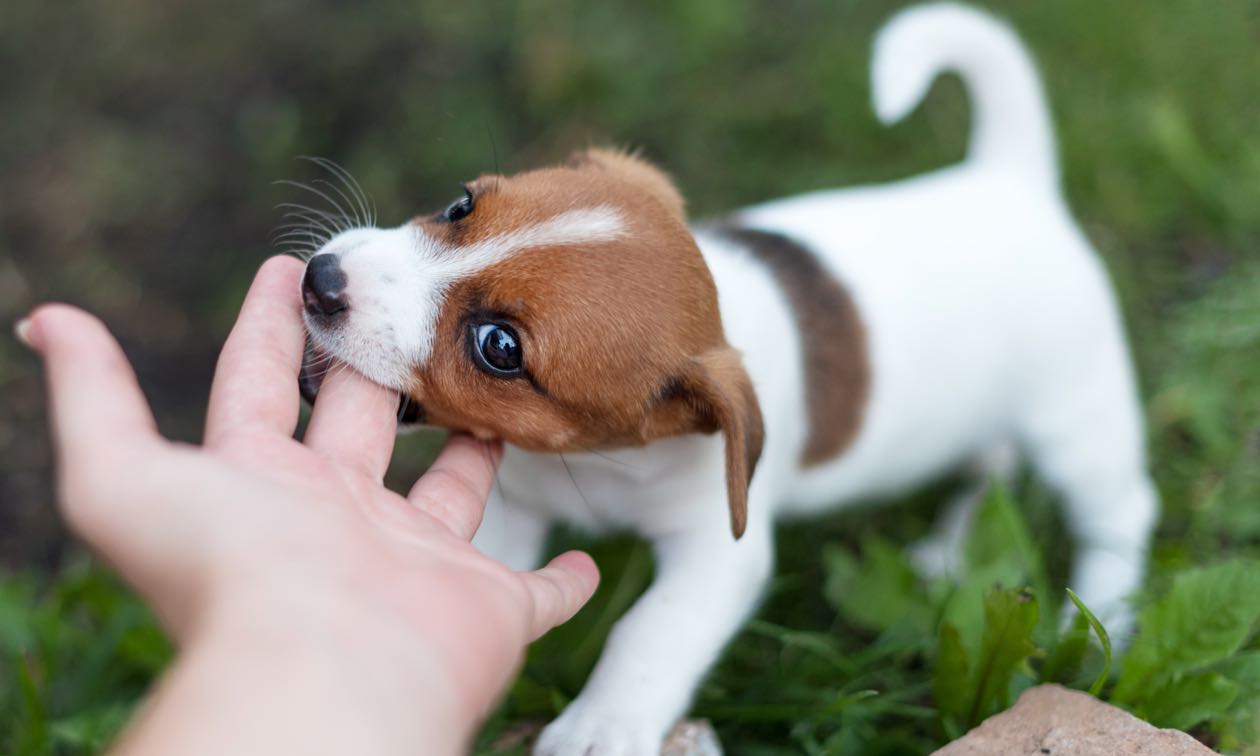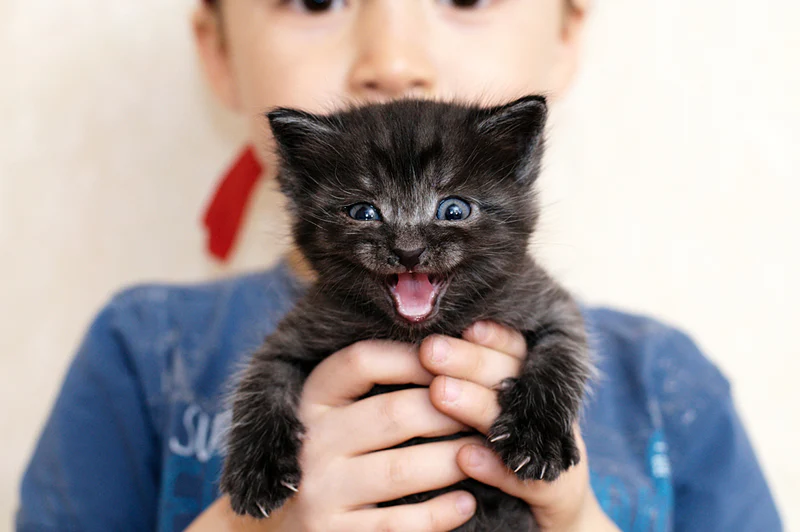What to do to train a puppy that bites your hands?
The first thing you should do is recognize that puppies bite to explore the world and to play. It’s part of their instinct, and they shouldn’t be punished for it. However, it’s important to teach them to bite appropriately and not to hurt people.

The best way to do this is to redirect his biting toward a toy or pet object instead of your hands. When your puppy bites you, say a firm “no” and replace your hand with a toy that’s appropriate for his bite. This way, your puppy will learn to bite the toy instead of your hands.
You can also teach your puppy to be gentle when biting by using positive reinforcement, such as praise and treats. When your puppy gently bites the toy, praise him and reward him with a treat. Over time, your puppy will learn to be gentler when biting.
Additionally, it’s important to provide your puppy with plenty of opportunities to exercise and play. Puppies need to release energy, and playing is an important way to do so. Providing age-appropriate toys and games will also help reduce the need to bite your hands.
Understanding Why Puppies Bite
Puppies bite to explore their environment, play, relieve teething pain, and establish their pack hierarchy. It’s important to understand the reasons behind their behavior so you can address it effectively.
Set clear limits and rules.
Set clear limits and rules from the start. Teach your puppy that biting is not acceptable and that he must stop when you tell him to.
Offer an appropriate chew toy
Offer your puppy appropriate chew toys, such as bones and rubber toys. This will help satisfy his need to chew and prevent him from turning to unwanted objects.
Use distraction techniques
When your puppy starts biting, distract him with a toy or activity that will get him focused on something else.
Avoid physical punishment and aggression
Don’t use physical punishment or aggression to correct your puppy’s behavior. These techniques can make the situation worse and cause emotional damage to the dog.
Positive reinforcement training
Train your puppy with positive reinforcement. Offer praise and rewards when he does something right and avoid giving attention when he bites or does something wrong.
Be consistent and patient.
Be consistent and patient in your training. Your puppy’s behavior won’t change overnight, but with time and practice, he’ll begin to learn.
Ask a professional dog trainer for help
If you’re having trouble training your puppy, don’t hesitate to seek the help of a professional dog trainer. They can offer specific tips and techniques for your dog’s behavior.
Do we need dog training?
The answer is yes. Good training is key to correcting your puppy’s behavior and teaching him not to bite. Most owners are inexperienced in puppy training and can therefore benefit greatly from professional training.
Choosing Conduct Can as your canine center
Conduct Can is a trusted dog center offering professional, personalized training for dogs of all ages. Our trainers are highly trained and have years of experience training puppies. Conclusions and recommendations.
In conclusion, training your puppy to stop biting requires time, patience, and effort. Set clear limits, offer appropriate toys, use distraction techniques, and avoid physical punishment. Train with positive reinforcement, be consistent and patient, and seek the help of a professional dog trainer if necessary. With a little practice, your puppy will stop biting in no time.













